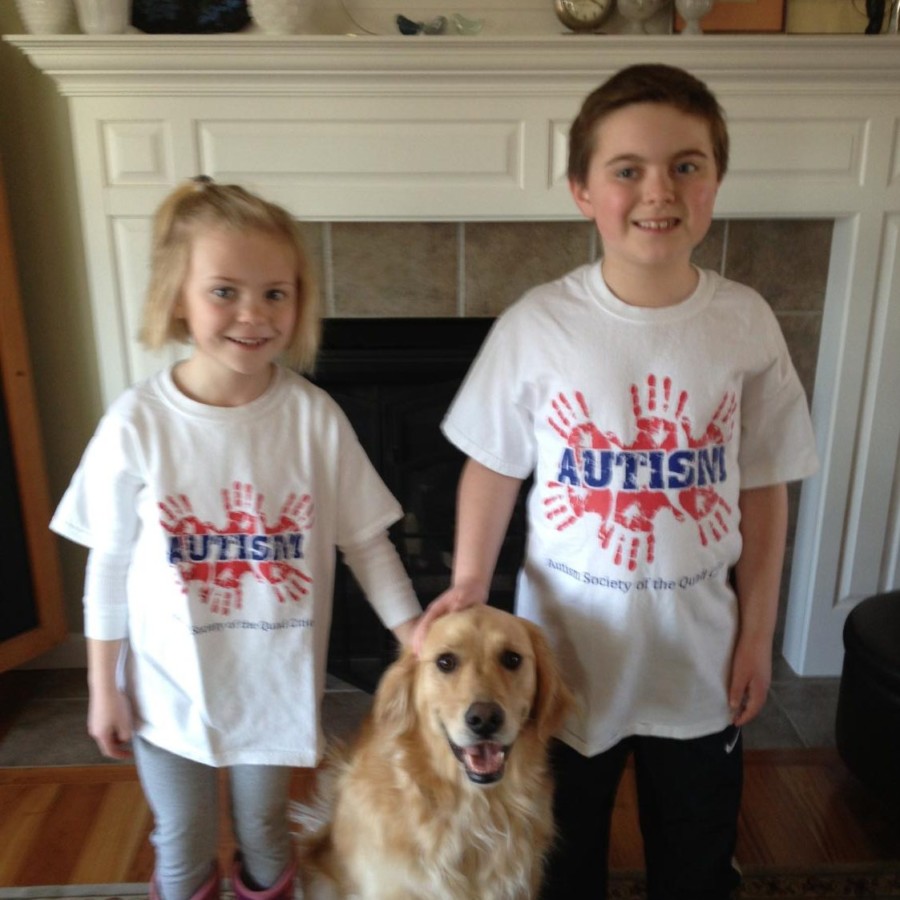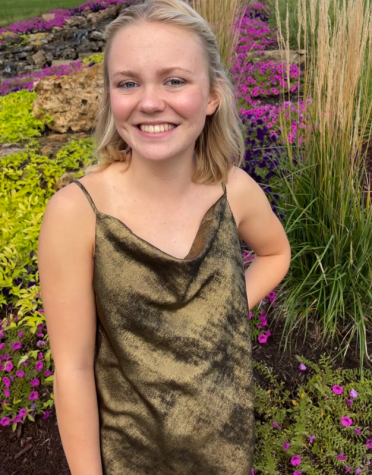Pleasant Valley High School, with one of the strongest special education programs in the Quad Cities, proudly flaunts its commitment to inclusion. However, this goal does not apply to its entire student body.
PV’s general education students frequently display ableist behavior. Ableism is discrimination towards disabled individuals stemming from the idea that they require fixing in order to fit the mold of an “abled” person.
Civil rights have improved vastly over the years in terms of ableism. Gone are the days when people with disabilities were hidden away or abused in corrupt institutions. The Americans with Disabilities Act (ADA), established in 1990, prohibits discrimination against people with disabilities. Rosa’s Law was signed into law twelve years ago replacing the term “mental ret*rdation” with “intellectual disability” in federal health and education codes.
Still, there is considerable room for growth.
Socially, people with disabilities are subject to incessant ableismespecially in schools. High school students are generally known for being cruel to their peers, but their cruelty is magnified towards disabled students.
Students with autism and neurodivergence face the brunt of this discrimination. Many neurotypical students don’t realize how their words and actions are harmful to this already marginalized group. Others are aware, but continue to bully their peers with intellectual and developmental disabilities (I/DD) by taking advantage of their inability to understand certain social cues.
I’ve seen special-needs students treated like jokes while at school. In just the first month and a half of this school year, the insensitivity has been running rampant. Once, a neurotypical student repeatedly and purposely mispronounced their special-needs classmate’s name to upset them. Another neurotypical individual recorded a disabled student without consent and posted it on their private Snapchat story as a joke.
Something as simple as mispronouncing a name may seem benign; however, to someone with already heightened anxiety, particularly regarding social interactions, it’s deeply upsetting.
Taking photos and videos of special-education students can also feel harmless, but that is not the case. It further normalizes the belief that individuals with disabilities are lesser humans.
Furthermore, both of the students being made fun of were on the autism spectrumand their tormentors knew this.
Mocking the self-stimulatory behavior or “stimming” of students with I/DDs is another common occurrence at PV. Stimming is the repetitive movements and sounds to help people with autism cope and relax in overwhelming situations (something neurotypical students who ridicule their peers are likely unconscious of).
Ann Hechler, mother to a PVHS student on the spectrum, has long witnessed inequities against people with special needs. “Ignorance is not bliss, nor is it an excuse to be mean and hurtful. Who are you to impose your idea of what is normal or socially acceptable?” said Hechler.
A more common and indirect instance of ableism at PV is the normalization of derogatory language and slurs insulting those with disabilities. This is an issue plaguing the halls of not just PV, but schools across the country.
Schools and campuses are rife with students using derogatory terms like the R-slur. Most of this can be attributed to their misunderstanding of the word’s origin and ignorance towards the casual use of offensive language.
The R-slur has become an informal synonym for the word “stupid” and is used interchangeably. Pitifully ignorant of how harmful its utterance is to those with an I/DD, many adolescents have the R-slur in their vernacular.
A new insult, made from combining the words “special” and “education” into one has gained popularity.
Earlier this month, I was walking through the hallway when I heard a neurotypical student remark to his friend, “SP*Ds are taking over the school.” The student was clearly unaware of the virtue of having special-needs students in school and other public places. For centuries, separating those with disabilities from the rest of society was unfortunately the precedent.
Even those who are outwardly nice to those with an I/DD use ableist language in casual conversation with their friends.
“If the word isn’t directed at someone with an I/DD then it’s okay, right?”
Wrong. Any use of the word promotes exclusion, perpetuates ableism and disrespects the entire neurodivergent community. The people who care about those individuals the most are affected too: siblings, parents, friends, paraprofessionals and teachers.
As the younger sister to a brother with autism, I am hyper aware of the treatment of those with I/DDs. I was raised at Special Olympics and Hand-in-Hand events. It pains me to witness the callous actions of ignorant and uneducated neurotypical students toward their special needs peers. Even though the person being made fun of may not recognize it, there are other people awareand it hurts them too.
While researching for this article I came across a quote from Soeren Palumbo, the brother of a Special Olympics athlete. “I don’t think you understand how much you hurt others when you hate. And maybe you don’t realize that you hate. But that’s what it is; your pre-emptive dismissal of [people with intellectual disabilities], your dehumanization of them, your mockery of them, it’s nothing but another form of hate” This perfectly encompassed how I felt about the hate society directs towards those with a disability.
PVHS teacher Sara Russell champions the school’s Advocates for Inclusion, Diversity and Equity (A.I.D.E.) group and has been teaching at PV for seventeen years. In her time at PV Russell has seen a reduction in the student body’s use of the pejorative slur. “I used to hear it all the time and had to constantly correct it. Today kids have a better understanding of the word. It surprises me when I hear kids say it now because it’s become almost obsolete in comparison to how it used to be,” Russell stated.
There is hope for a future where ignorance and hatefulness no longer inhabit our schools. We’re not there yet, but there is light at the end of the hallway.
One example of this hope is PV Pals, an inclusive club at PV composed of neurodivergent and neurotypical students. The mission of the club is to make friends and have fun as well as break stigma regarding disabled people and dismantle ableism. I am fortunate enough to be the president of this club. Each PV Pals meeting leaves me optimistic of a more inclusive world.
Better educating neurotypical students about I/DDs could reduce their mindless abuse of the disabled community. Every teenager has heard the R-slur, but only a handful have heard the word “neurodivergent.” Even fewer know what it means and the amazing community of people it represents.










Hunter Harms • Sep 21, 2024 at 1:31 pm
As someone who is autistic and a student I agree with everything said, and I along with other neurodiverse students go through the same type of hate. Great Article! Some people are getting better at being nice to us, but others choose to be ignorant just to stay popular and to fit in with their peers.